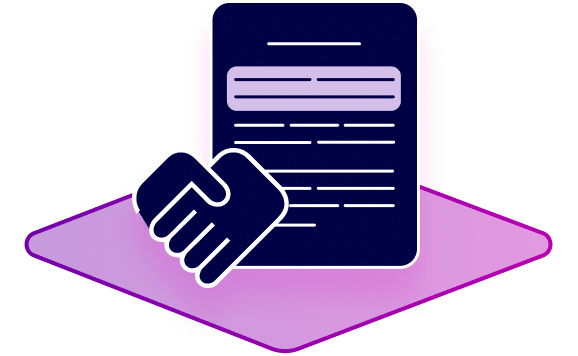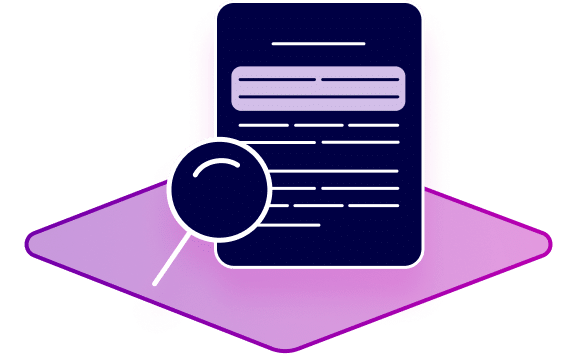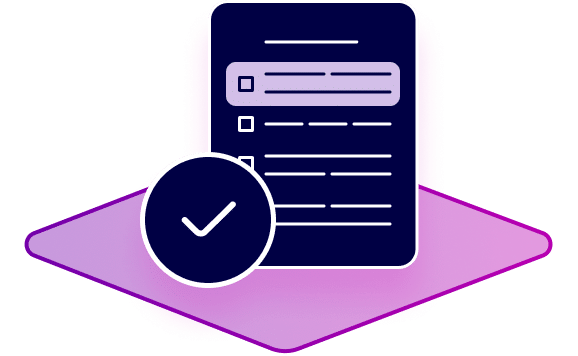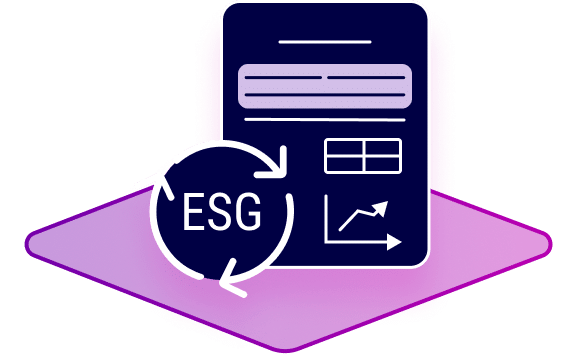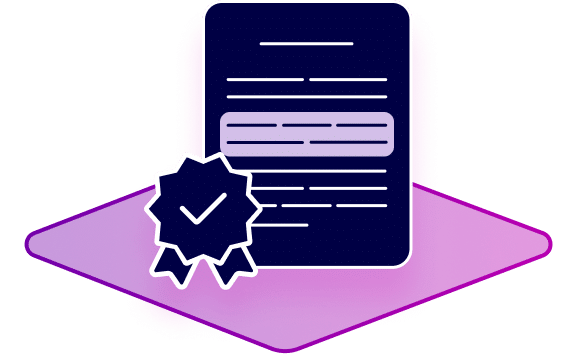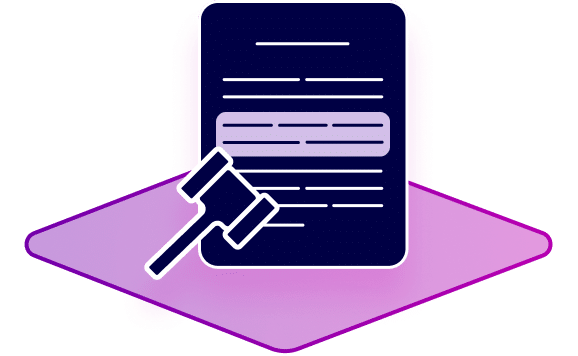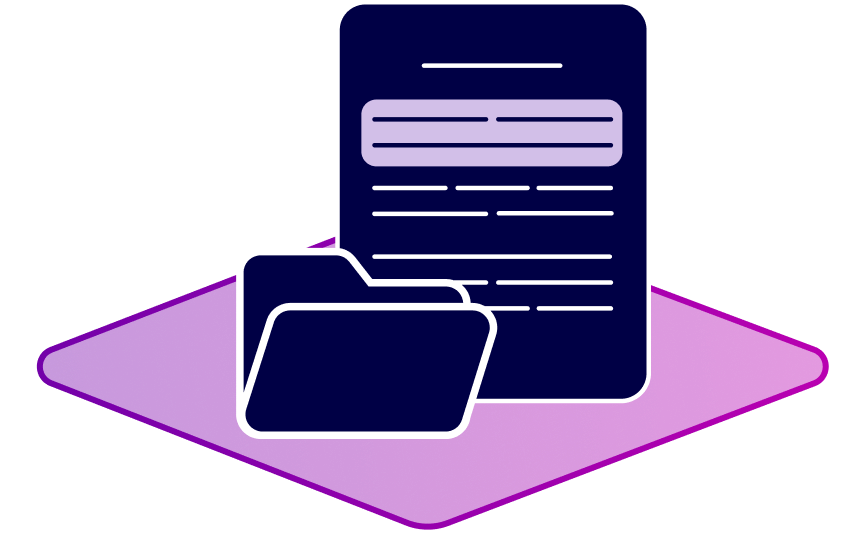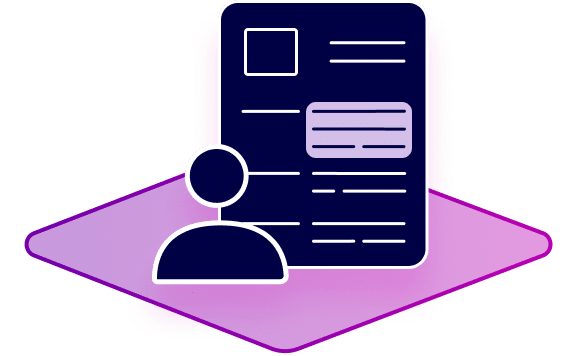
Always a step ahead: HELLA relies on AI platform for cross-divisional intelligent text analysis
HELLA is a global automotive supplier with around 36,000 employees at more than 125 locations in around 35 countries. The company specializes in innovative lighting systems and vehicle electronics and has been a technology leader in the automotive industry for more than a hundred years. In the Special Applications segment, HELLA also develops, manufactures and sells products for special vehicles. In addition, HELLA works with industry partners, for example in joint ventures and open collaborations, and strengthens the company’s profile with this proven network strategy.
Countless wordings for the very same topic
Every year, HELLA develops and produces a large number of products for the automotive industry. For each product, specification sheets are submitted to the company with several hundred pages and well over 1,000 individual requirements that need to be checked. The specifications or customer requirements are often formulated in different ways, even for similar topics. This leads to a great deal of effort by experienced experts when evaluating customer requirements. In addition, another difficulty comes up: Within one specification sheet, the requirements need to be distributed to expert groups, so called “Specialist Groups”, for processing.
Comparison of contracts
The basis for long-term cooperation between HELLA and its customers are numerous framework agreements that are intended to facilitate the commissioning of new projects. Thanks to these agreements, the basic conditions do not have to be renegotiated for each project. Nevertheless, new individual contracts are usually concluded for each project. Since these contracts can again comprise dozens of pages and their terms and conditions have to be consistent with the framework agreements already negotiated, the departments involved have to expend a great deal of time and effort here, because up to now it has been necessary to check each individual document manually.
Note: The average reader needs approx. 2 minutes to read a DIN A4 page; for 150 pages, that is 5 hours of pure reading time.
The challenge: Using existing knowledge and remaining flexible for new things
A flexible solution must be developed for these two main applications that neither requires specific training data for each application nor only “reacts” to exact words or formulations when checking the documents. In addition, the existing database should be retained in order to keep the existing processing workflow – which is basically digital and already established – simplify it and thus lighten the specialist departments’ workload. At HELLA, many different tasks (for example, comparison with previous versions, assignment to technical experts and comments by them) have to be carried out when processing documents. Therefore, the first step was to check whether such a comprehensive and flexible solution already existed on the market or whether a custom development would be necessary. HELLA works with many different customer templates, which made almost all of the solutions available on the market fail, as they usually only work with a few rigid or self-defined templates.
Requirements analysis: An individual solution with every option for the future
After extensive market research for possible text analysis tools, it became clear that an off-the-shelf software solution can only help to a limited extent – the processes are too individual and the planned areas of application too different. This led HELLA to opt for an individual integration of the semantic platform semantha into the existing IT systems, with an individual web interface for the specialist departments. Thanks to the template independence in combination with a semantic text analysis, as offered by semantha, the way for HELLA’s solution was paved.
First of all, a web application with an integration of the semantic platform semantha was implemented. All specification sheets that had already been processed and the individual requirements they contained were imported into the semantha library – including information on whether these had been accepted or rejected in the past and which “Specialist Group” had processed them.
New specification sheets are now compared using semantha and automatically assigned to the respective expert groups for processing.
“Thanks to the pre-processing by semantha, we can give our customers feedback much faster. The repetitive processes have been minimized and our experts only have to deal with the core issues where human thinking is required. “
Tim Martikke, Sales Contract Management at HELLA
Contract review: Integration in Sharepoint
Along with the support of the requirements analysis, an integration in Microsoft Sharepoint was realized, which also accesses a semantha library – in this case, however, directly via the REST API. The library contains clauses and framework agreements that have already been signed. New contracts are now compared with the existing ones: Are there clauses that have remained the same? What content has changed? What is missing – what was added? New project-specific agreements that need to be negotiated are also checked here. It is also planned to explicitly determine the deviations from the respective framework agreement and present them at a glance.
Since the added value of such a digital contract review turned out to be enormous, it was introduced as a central service. This is now used in various sales workflows for checking commercial contract documents with semantha – based on the existing processes with Sharepoint.
“At the beginning of the partnership, we were not aware of the many possible uses of semantha. It was only during ongoing operations that it became clear to all of us how much we deal with ‘text’ every day and how much time we have to invest every day to process it. “
Katharina Gierse, Sales Contract Management at HELLA

—————–
Microsoft Sharepoint are registered brand names.


